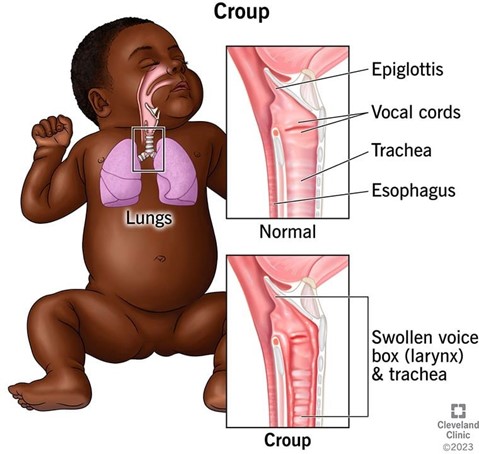A client with obsessive-compulsive disorder (OCD) reports, "Thoughts stick in my mind and the rituals I use are stupid, but I cannot control them. People laugh at me, but they do not understand how awful it is. I am a burden to my family because I cannot hold a job. I do not know how much longer I can live this way." Which information is most important for the practical nurse (PN) to ask in response to the client's statements?
Question about which rituals are most often used to reduce anxiety.
Ask if the obsessions and compulsions interfere with sleep.
Inquire if the distress could lead to considering suicide as an option.
Determine what makes the client think people are laughing.
The Correct Answer is C
This is the most important information for the PN to ask because it assesses the client's risk for self-harm and suicidal ideation. The client's statements indicate hopelessness, low self-esteem, and impaired functioning, which are potential warning signs of suicide. The PN should ask the client directly about any thoughts or plans of harming themselves and provide support and safety measures as needed.
A. Questioning about which rituals are most often used to reduce anxiety is not a priority and may reinforce the client's compulsive behavior.
B. Asking if the obsessions and compulsions interfere with sleep is not a priority and may not address the client's emotional distress.
D. Determining what makes the client think people are laughing is not a priority and may not be helpful for the client's perception of reality.
Nursing Test Bank
Naxlex Comprehensive Predictor Exams
Related Questions
Correct Answer is C
Explanation
Croup is a respiratory infection that causes inflammation and narrowing of the airway, resulting in a barking cough, hoarseness, and stridor. The PN should monitor the child's oxygen saturation level via pulse oximetry, as it can indicate the severity of the airway obstruction and the need for supplemental oxygen or other interventions.

The other options are not correct because:
A. Instructing the mother to play with the child for stimulation and distraction may worsen the child's condition, as it can increase his respiratory demand and anxiety.
B. Administering a dose of acetaminophen as needed may help reduce fever or pain, but it does not address the underlying cause of croup or improve airway patency.
D. Encouraging the child to drink adequate amounts of fluids may help prevent dehydration and thin the secretions, but it does not relieve the inflammation or narrowing of the airway.
Correct Answer is A
Explanation
Choice B rationale:
The semi-Fowler's position involves elevating the head of the bed to 30-45 degrees, which is useful for clients with respiratory issues to promote lung expansion. However, for auscultation of the posterior lung fields in a client with left lower lobe pneumonia, the lateral, semi-prone position is more appropriate as it allows better access to the specific area of concern.
Choice C rationale:
Placing the client on the right side-lying position may not be as effective for auscultating the left lower lobe, as the target area is located on the opposite side. The lateral, semi-prone position offers better access to the left lower lobe for assessment.
Choice D rationale:
The forward orthopneic position is a sitting position with the arms supported on a table or over the bed. While this position can assist clients with breathing difficulties, it is not suitable for auscultation of the posterior lung fields. The lateral, semi-prone position is moreappropriate for this purpose.
Whether you are a student looking to ace your exams or a practicing nurse seeking to enhance your expertise , our nursing education contents will empower you with the confidence and competence to make a difference in the lives of patients and become a respected leader in the healthcare field.
Visit Naxlex, invest in your future and unlock endless possibilities with our unparalleled nursing education contents today
Report Wrong Answer on the Current Question
Do you disagree with the answer? If yes, what is your expected answer? Explain.
Kindly be descriptive with the issue you are facing.
